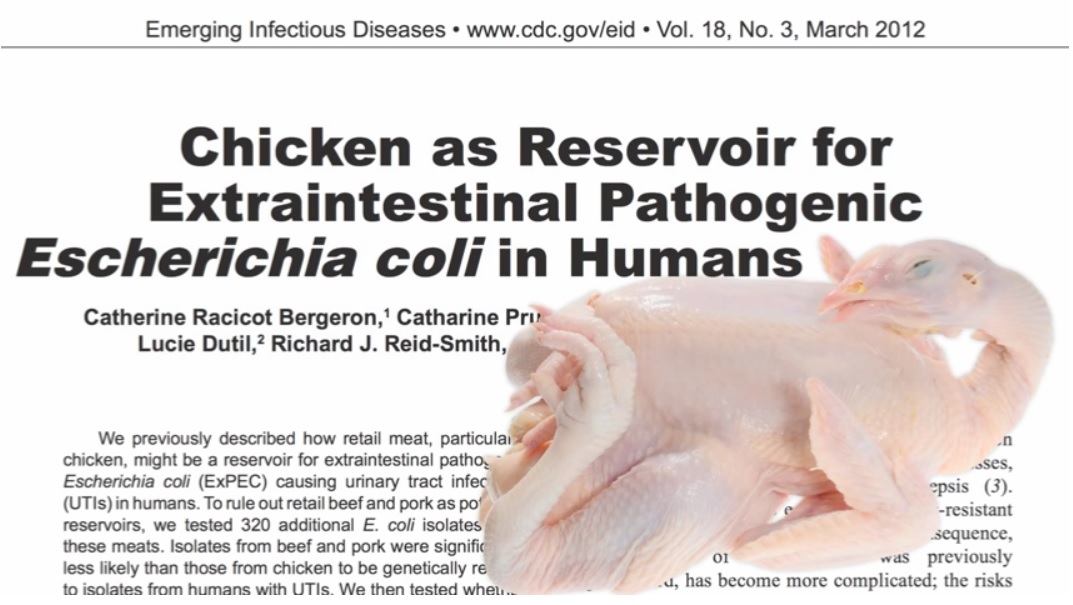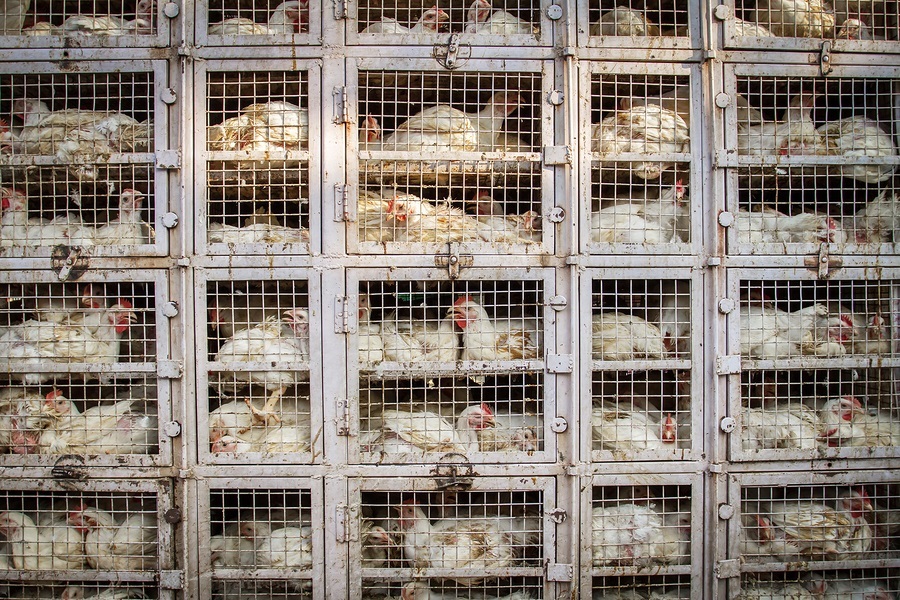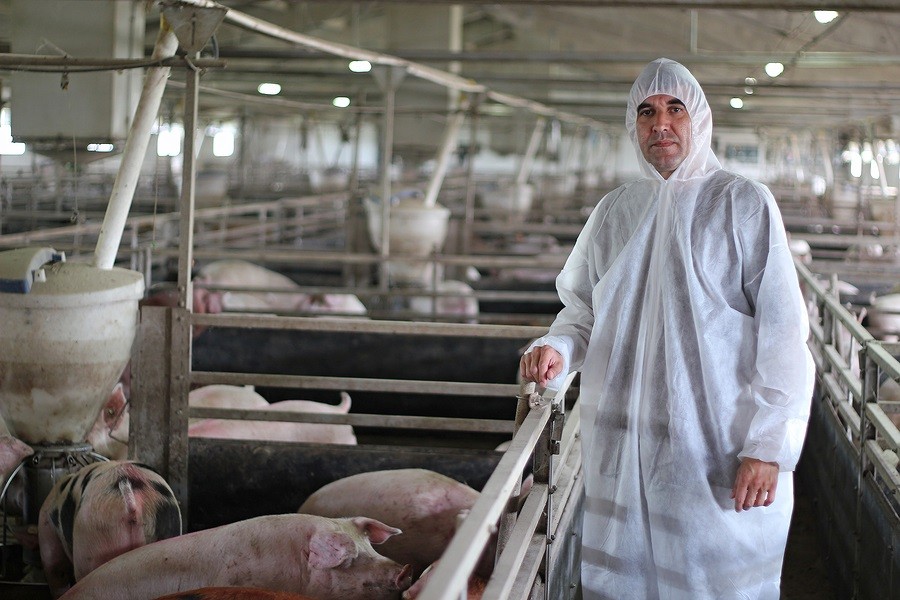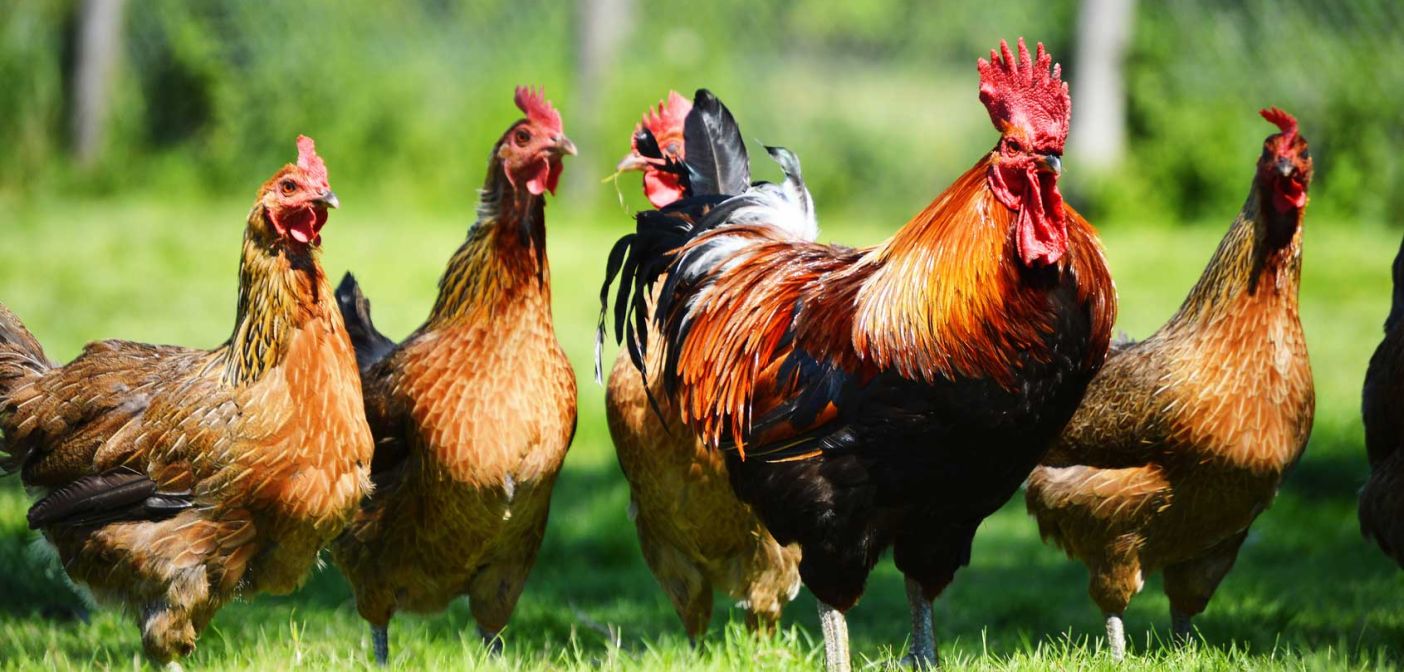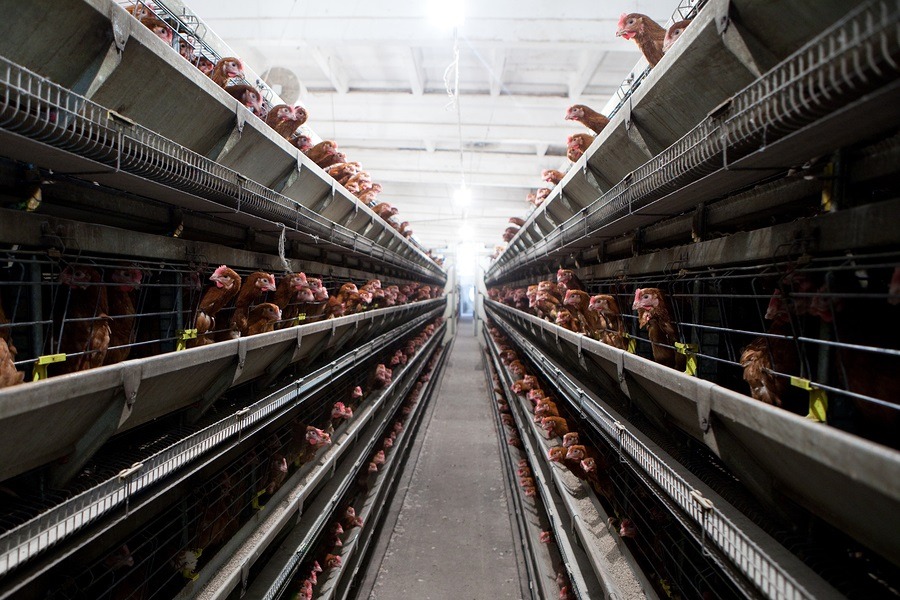Chicken Meat Linked to Drug-Resistant UTI Epidemic
In the 2013 report "Antibiotic Resistance Threats in the United States" issued by the U.S. Centers for Disease Control and Prevention, 18 superbugs were identified as "urgent, serious and concerning threats" to humankind. The majority of these dangerous bacteria are in the gram-negative category, as they are equipped with body armor that makes them particularly resistant to the immune response. Most disturbing of all, an increasing number of bacteria are now exhibiting "panresistance," which means they're resistant to every antibiotic in existence. The emergence of E. coli carrying the drug-resistant mcr-1 gene is also major cause for worry. While this bacterium is most commonly thought of in terms of food poisoning, a form of E. coli known as ExPEC (which stands for extra-intestinal pathogenic E. coli) is responsible for over 90 percent of urinary tract infections (UTIs). Interestingly, while conventional wisdom has maintained that UTIs are primarily caused by sexual contact with an infected individual and/or the transferring of fecal bacteria from your anus to your urethra, research has linked drug-resistant UTIs to contaminated chicken meat. As early as 2005 papers were published showing drug-resistant E. coli strains from supermarket meat matched strains found in human E. coli infections. The researchers contend that poultry is the bridge that allows resistant bacteria to move to humans, taking up residence in the body and sparking infections when conditions are right.




